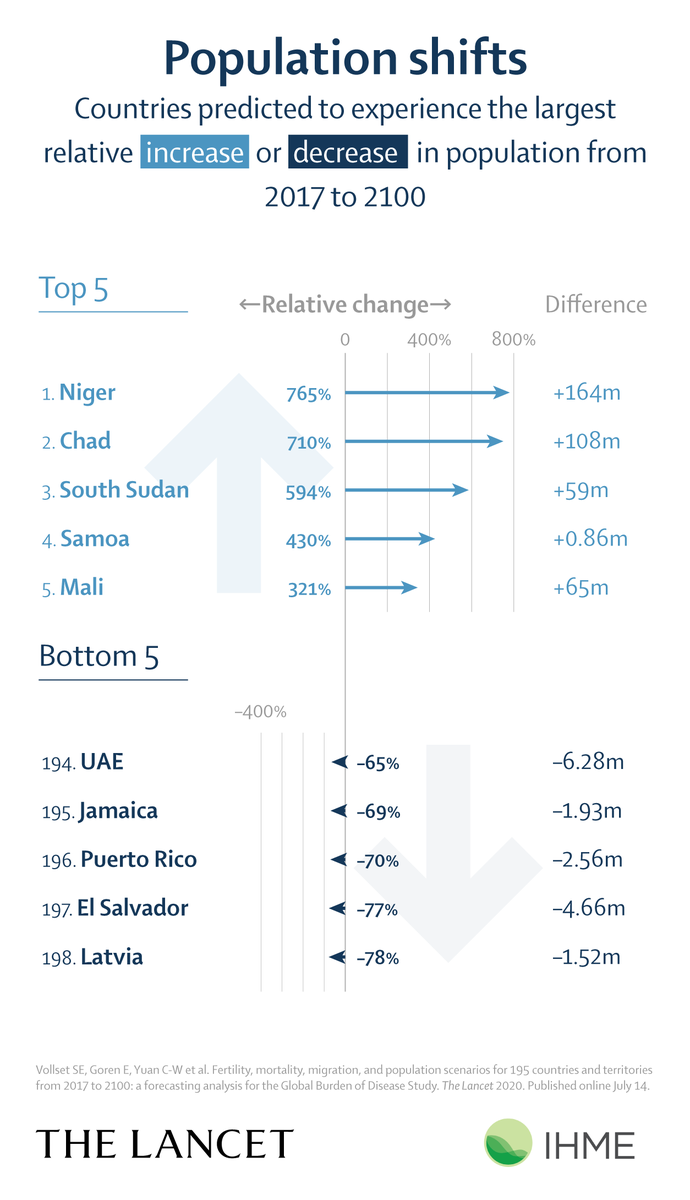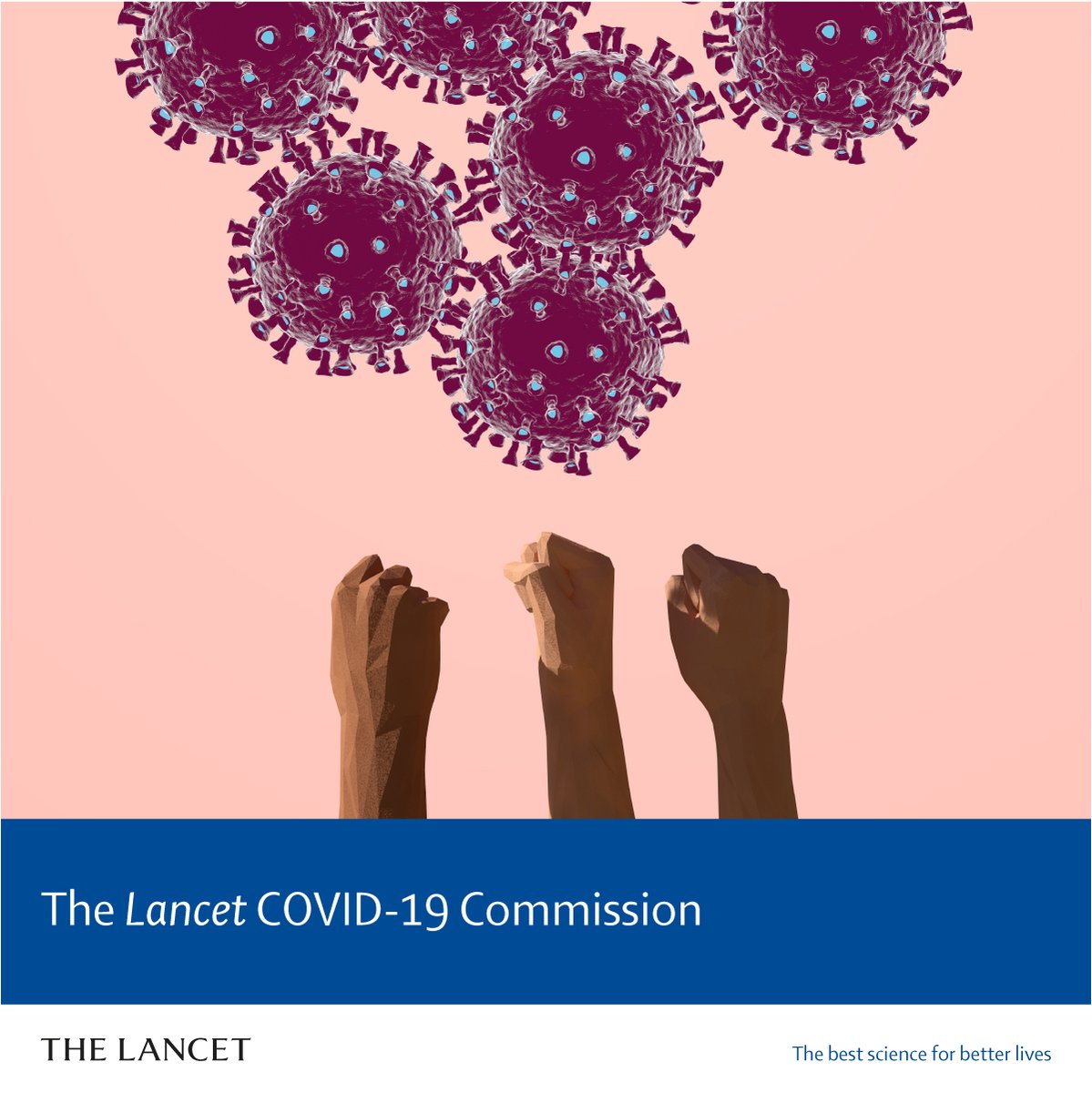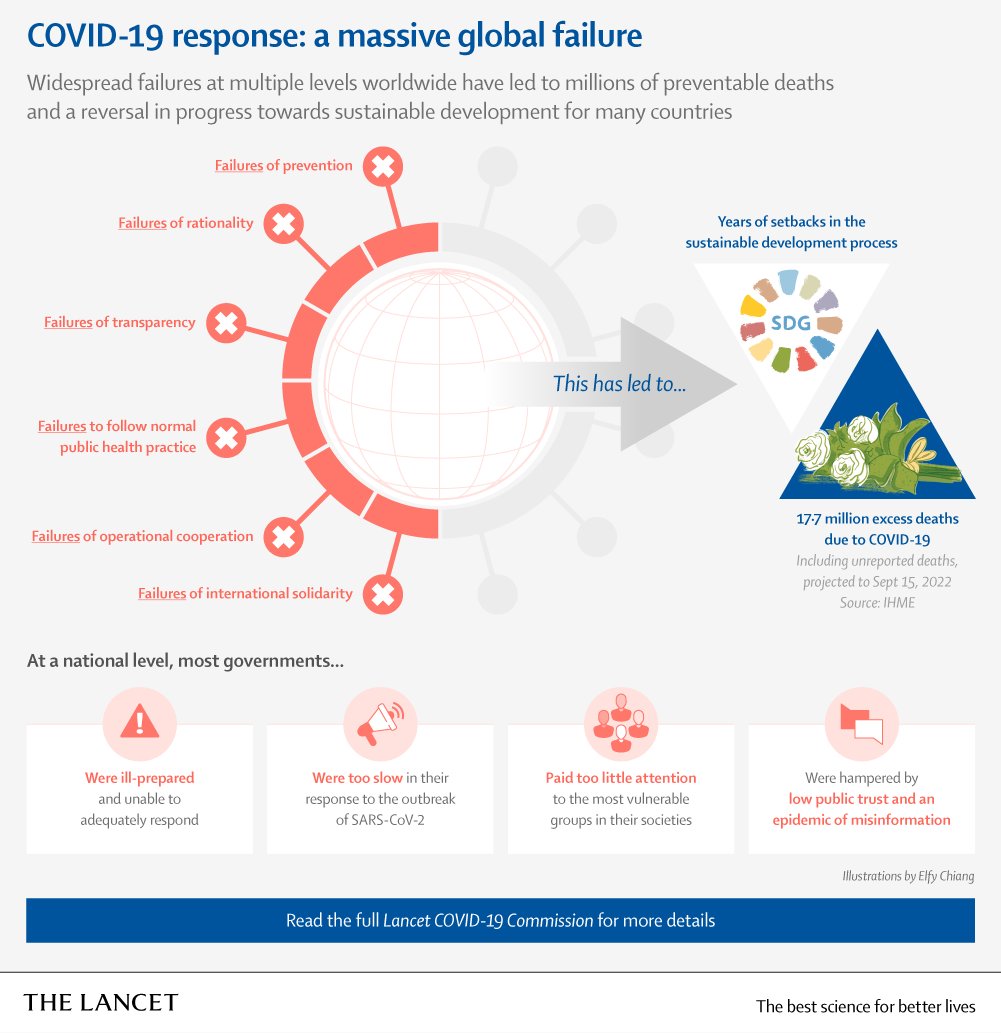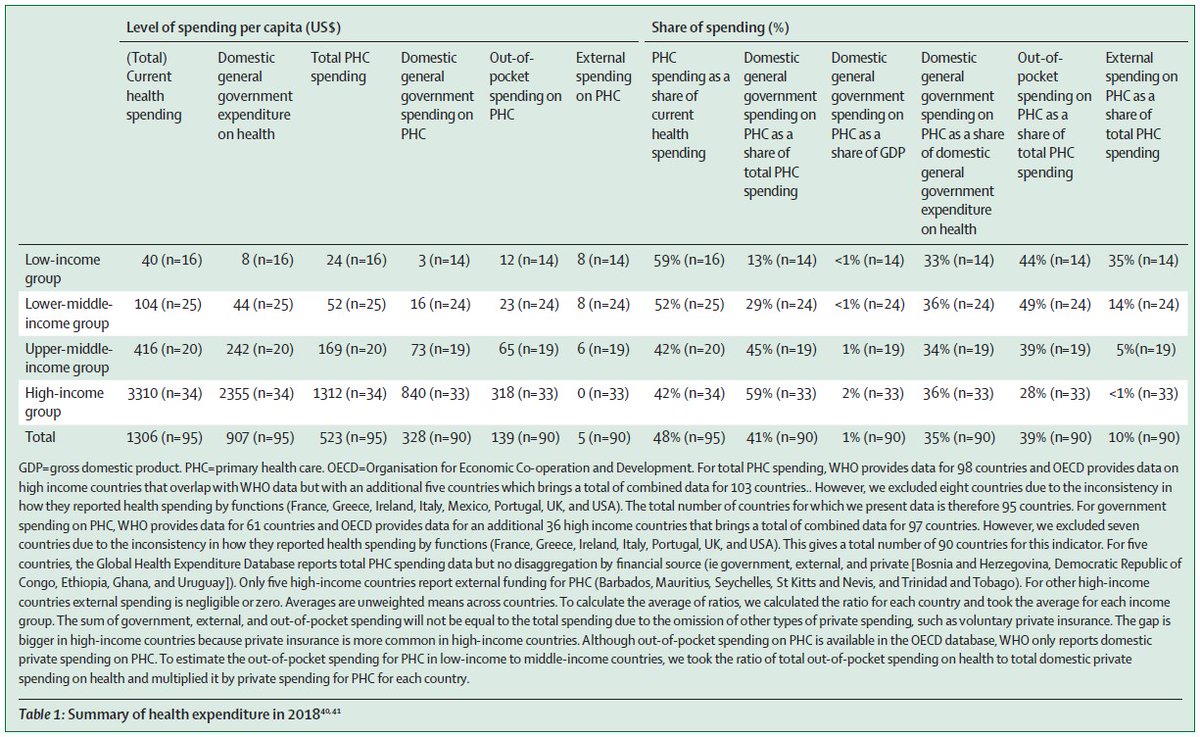World #population likely to shrink after mid-century, forecasting major shifts in global population & economic power: new #GBDStudy forecasts world population will peak at 9.7 billion in 2064 & decline to 8.8 billion by 2100 @IHME_UW
hubs.ly/H0svcFP0
hubs.ly/H0svcFP0
Population of sub-Saharan Africa is forecast to triple by 2100. North Africa & Middle East is the only other region predicted to see population growth. Many of the fastest-shrinking populations will be in Asia & central & eastern Europe hubs.ly/H0stJKb0 #GBDStudy 

New #GBDStudy forecasts major #population shifts to 2100
Countries with largest populations in 2100 include India 🇮🇳, Nigeria 🇳🇬, China 🇨🇳, and USA 🇺🇸 hubs.ly/H0stJKb0
Countries with largest populations in 2100 include India 🇮🇳, Nigeria 🇳🇬, China 🇨🇳, and USA 🇺🇸 hubs.ly/H0stJKb0

As fertility falls & life expectancy increases, new #GBDStudy predicts huge shifts in global age structure – with over 80s outnumbering under 5s two to one by 2100 hubs.ly/H0stJKb0 @IHME_UW
Many countries in sub-Saharan Africa will see huge increases in populations by 2100, how will this affect development prospects?
"The challenge...is daunting" Comment from @aezeh, Frances Kissling & @PeterSinger hubs.ly/H0sxPPC0 #GBDStudy
"The challenge...is daunting" Comment from @aezeh, Frances Kissling & @PeterSinger hubs.ly/H0sxPPC0 #GBDStudy

#Migration can be a solution to the predicted shortage of working-age populations - @MIGHCommission chair Prof Ibrahim Abubakar (@ProfIAbubakar) comments on new population forecasting #GBDStudy hubs.ly/H0stJPh0 #LancetMigration 

"The forecasts set out in this paper are really foundational, fundamental for the way we think about global health in the 21st century"
📽️@richardhorton1 on new #GBDStudy forecasting global fertility, mortality, migration & population scenarios to 2100 hubs.ly/H0svcFP0
📽️@richardhorton1 on new #GBDStudy forecasting global fertility, mortality, migration & population scenarios to 2100 hubs.ly/H0svcFP0
Faced with declining population, danger exists that countries may consider policies that restrict access to reproductive health services, with devastating consequences. Response must not compromise progress on women’s freedom and #SRHR: new #GBDStudy hubs.ly/H0stJKb0 

• • •
Missing some Tweet in this thread? You can try to
force a refresh















